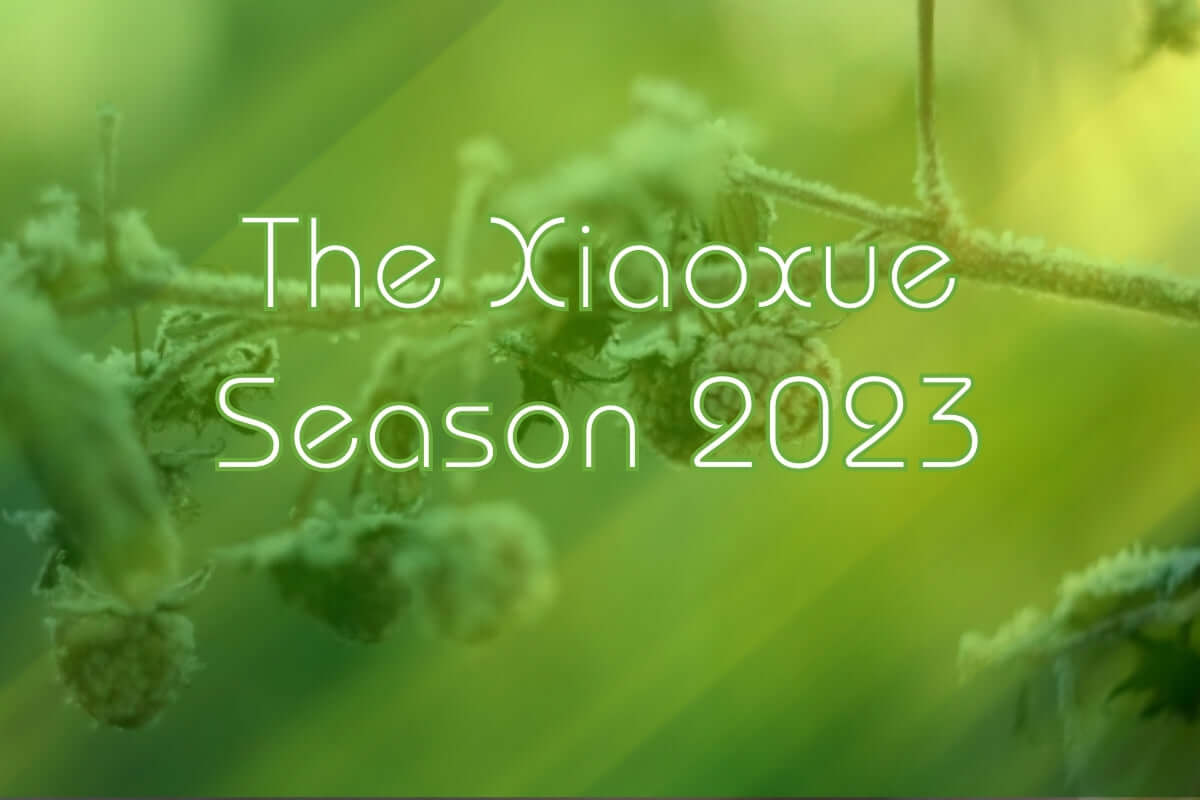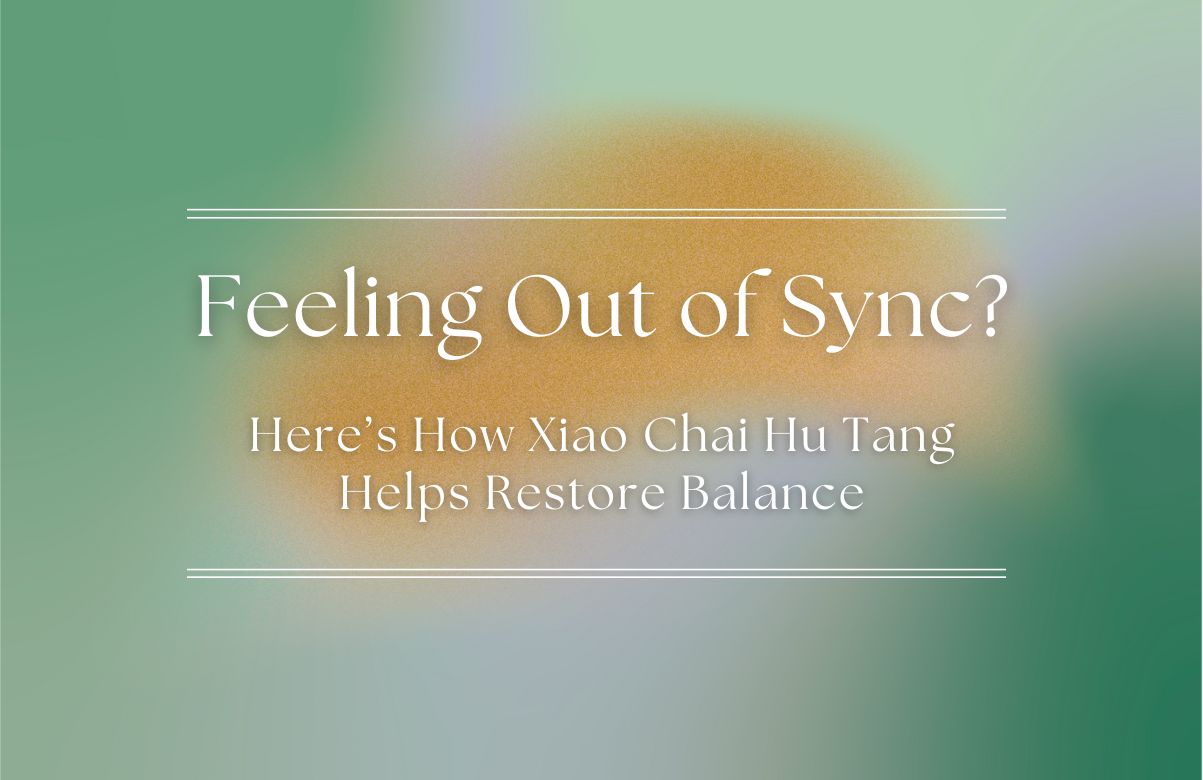In Traditional Chinese Medicine (TCM), the use of herbal formulas can vary depending on individual health conditions and imbalances. During the Xiaoxue (Minor Snow) season, the focus is on transitioning from late autumn to early winter, and it's essential to adapt your herbal remedies to support your specific needs and constitution.
Here are Some General Guidelines for Herbal Formulas that May be Suitable During this Season

- Nourishing Herbs: As the weather turns colder, it's important to focus on nourishing your body and maintaining energy. Herbal formulas containing herbs like Ginseng (Ren Shen) or Astragalus (Huang Qi) are commonly used to support overall vitality and immune function.
- Warming Herbs: To combat the cold weather, consider using herbs with warming properties, such as ginger (Sheng Jiang) and cinnamon (Rou Gui). These can help improve circulation and keep you warm during the colder months.
- Immune Support: Strengthening the immune system is crucial as you head into winter. Consider formulas that include immune-boosting herbs like Reishi Mushroom (Lingzhi) or a blend of herbs that support immune function.

-
Respiratory Health: As cold and flu season approaches, herbal formulas that support respiratory health can be beneficial. Herbs like Mullein (Jia Yan Ye), Liquorice root (Gan Cao), and Loquat Leaf (Pipa) can help soothe and protect the respiratory system.
- Moisturising and Skin Protection: Dry and cold weather can lead to skin and mucous membrane dryness. Consider herbal formulas with herbs like Lily bulb (Bai He) and Ophiopogon root (Mai Men Dong) to help maintain moisture and protect against dryness.

- Adaptogens: Herbs known as adaptogens, such as Rhodiola (Hong Jing Tian) and Ashwagandha (Withania Somnifera), can help your body adapt to stress, including the stress of changing seasons.
- Seasonal Ingredients: Traditional Chinese herbal formulas may include specific ingredients associated with the season.

Here are 4 Formulas that May be Beneficial for Your Health During the Xiaoxue (Minor Snow) Season
1. Gui Pi Tang (Longan Fruit & Polygonum Vine)

Gui Pi Tang contains astragalus root and ginseng; this formula may support your immune system and potentially assist with any fever, chills, and colds during this season.
2. Gui Zhi Tang (Cinnamon Twig & White Peony)
Gui Zhi Tang contains liquorice root and rhizome; this formula may assist with cold and flu symptoms and targets internal harmony.

3. Mai Wei Di Huang Wan (Rehmannia & Chinese Yam)
Mai Wei Di Huang Wan contains herbs such as Chinese yam and Poria for a formula that targets dry skin and internal health, which includes lung health and chronic fatigue, sore throat, and a dry cough, as well as night sweating.

4. Jin Suo Gu Jing Wan (Lotus Seed & Magnolia-Vine Fruit)
Jin Suo Gu Jing Wan contains ingredients such as lotus seed and black cardamom; by taking this herbal supplement, it may assist with fatigue, an achy body, and potentially naturally boost energy levels.

Summary
Whether you want to prevent a cold, boost your energy or have inner harmony, find the right formula for you during the changing season of Xiaoxue. It's essential to remember that TCM herbal formulas should be prescribed and used under the guidance of a qualified TCM practitioner. They will take into account your unique constitution, any underlying health conditions, and the specific imbalances you may be experiencing. Herbal medicine should be used in a holistic approach to health and wellness, and self-prescribing is not recommended without proper guidance from a healthcare professional.





